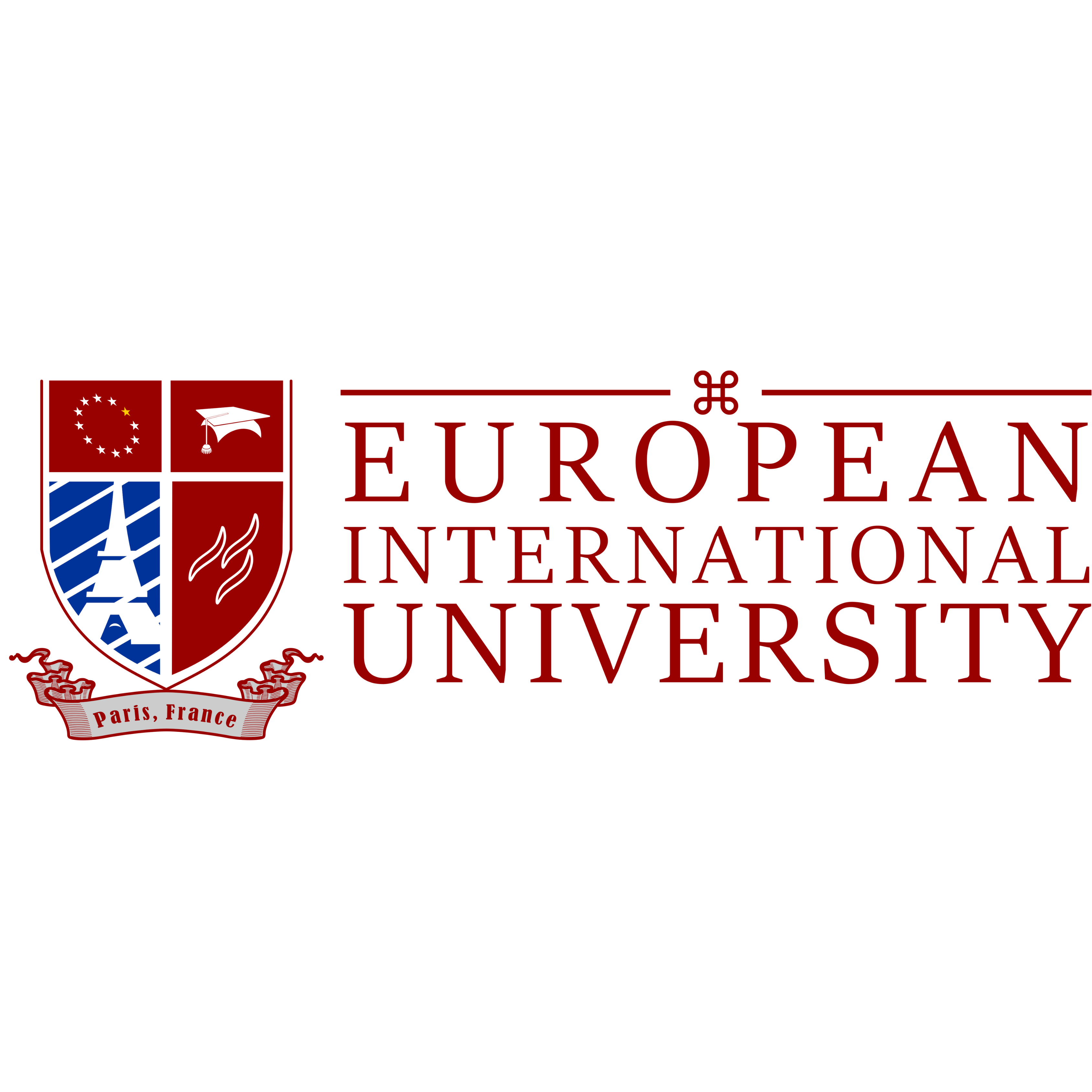
The DBA in Artificial Intelligence (AI) is an advanced doctoral program designed for senior professionals and executives who seek to bridge the gap between AI technologies and strategic business management. This program equips candidates with deep knowledge of artificial intelligence, machine learning, data science, and automation, while simultaneously developing their executive leadership and research capabilities.
Students explore how AI can be strategically implemented to drive innovation, improve operational efficiency, and support data-driven decision-making across sectors such as finance, healthcare, manufacturing, logistics, and marketing. The curriculum emphasizes real-world application, strategic thinking, and ethical considerations in AI deployment, ensuring graduates can lead transformative initiatives responsibly.
Participants undertake a doctoral-level research project focused on AI’s impact within a business context, enabling them to contribute original insights to the evolving intersection of technology and business. Topics may include AI governance, intelligent decision systems, predictive analytics, or AI-based customer experience optimization.
Graduates of this program are equipped to take on C-level roles such as Chief AI Officer, Head of Innovation, or Strategic AI Consultant, as well as academic or advisory positions where advanced business and technical acumen is required. The DBA in AI fosters innovation leadership, enabling professionals to shape the digital future of their organizations and industries.